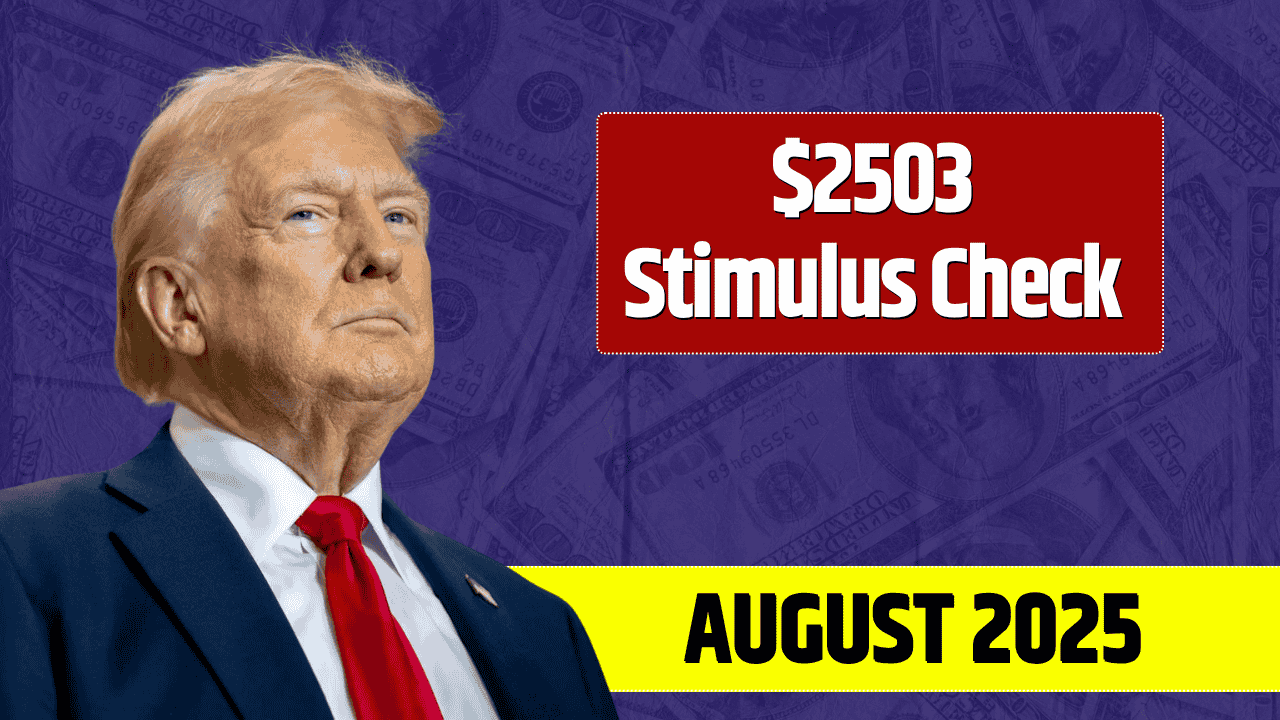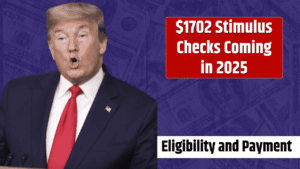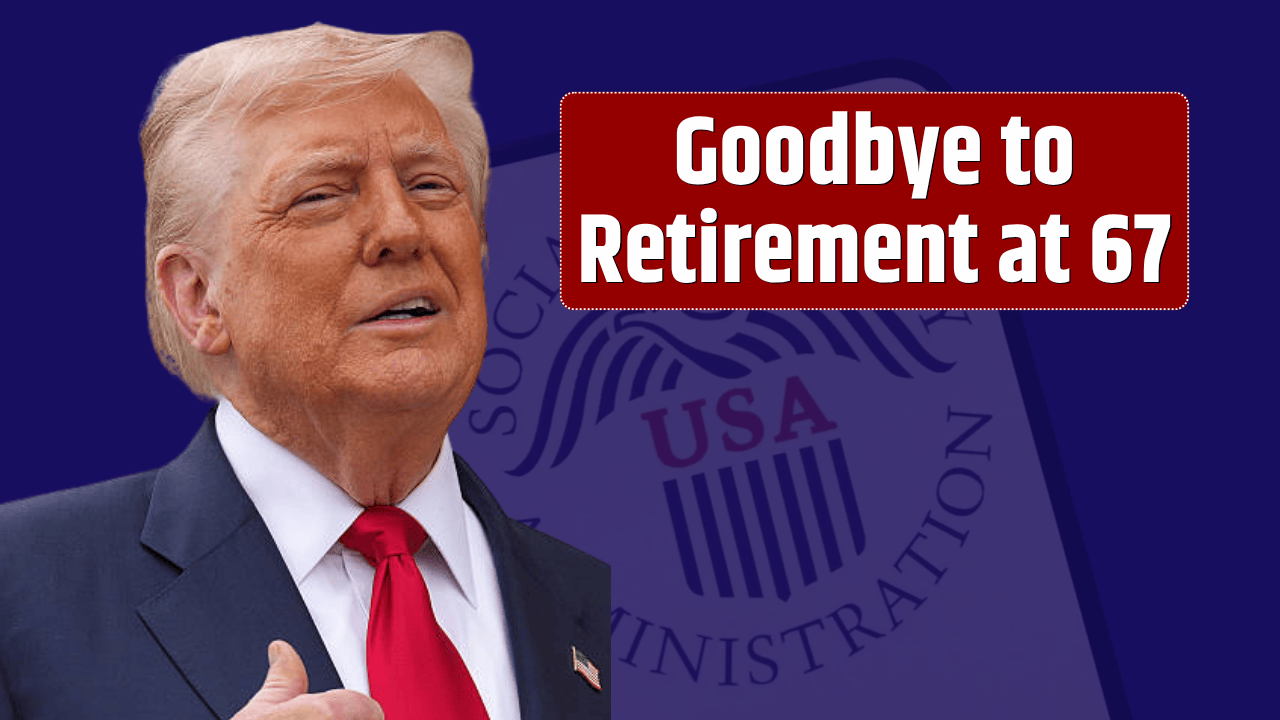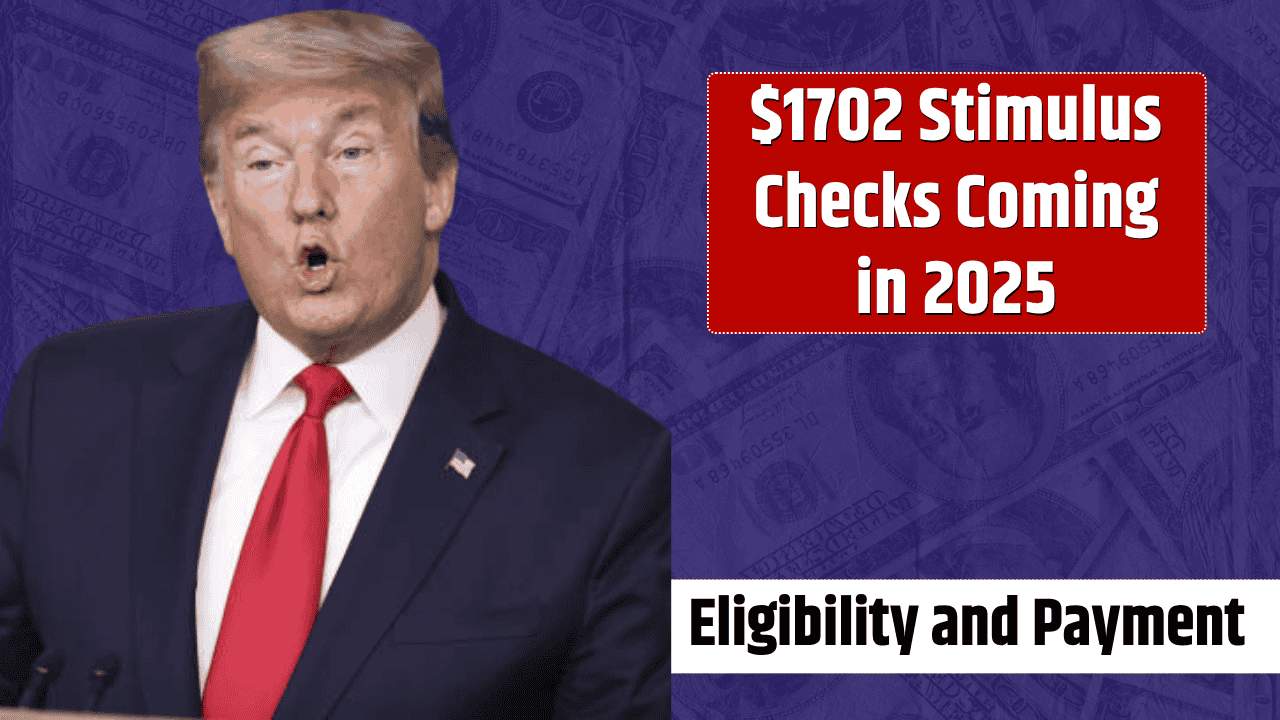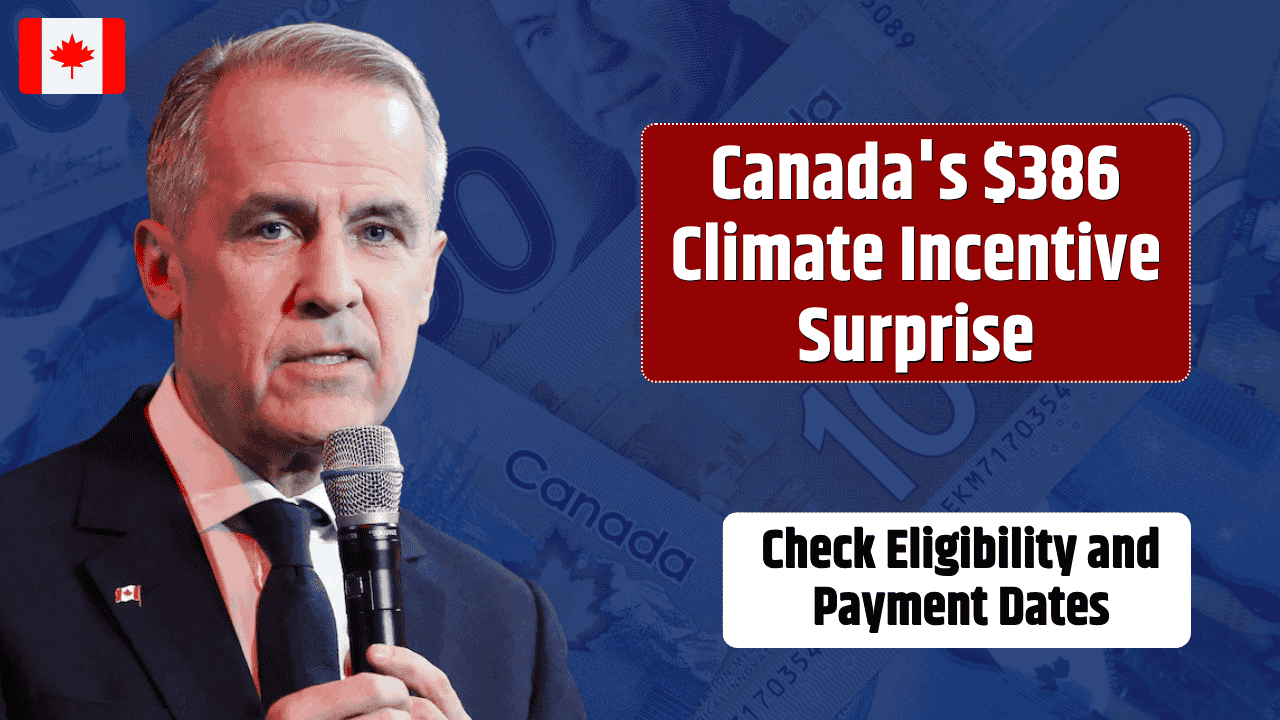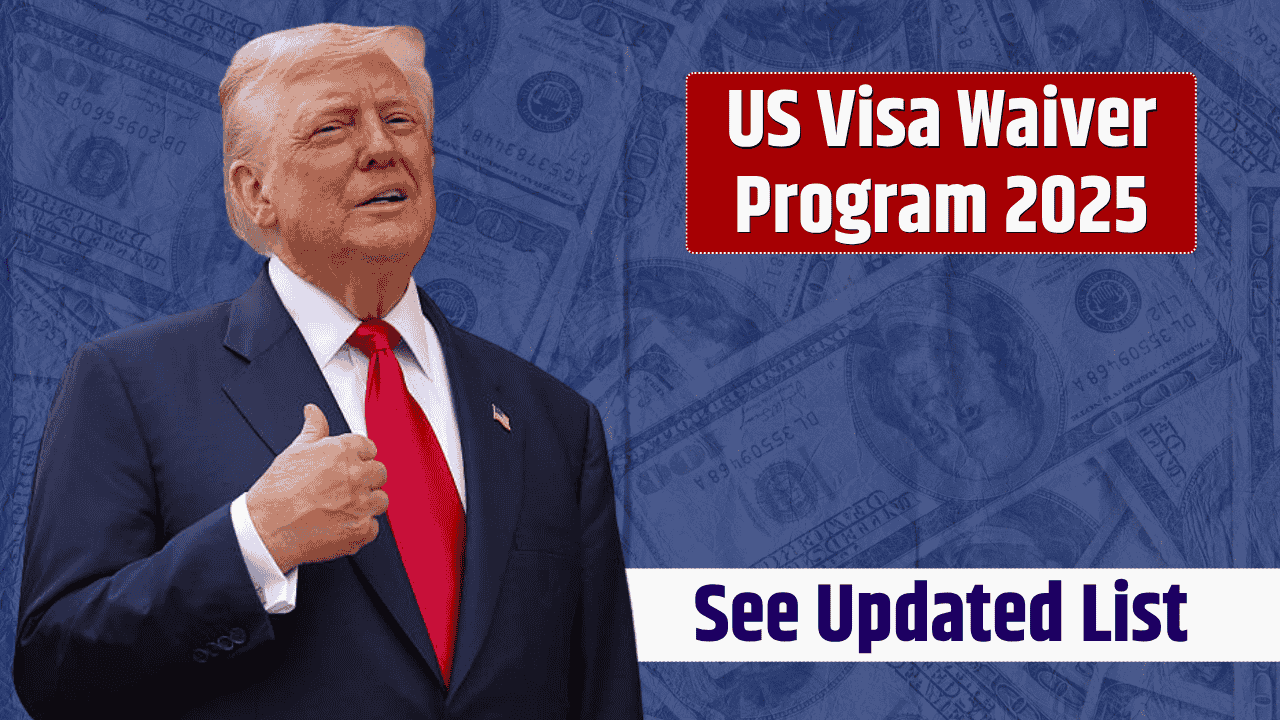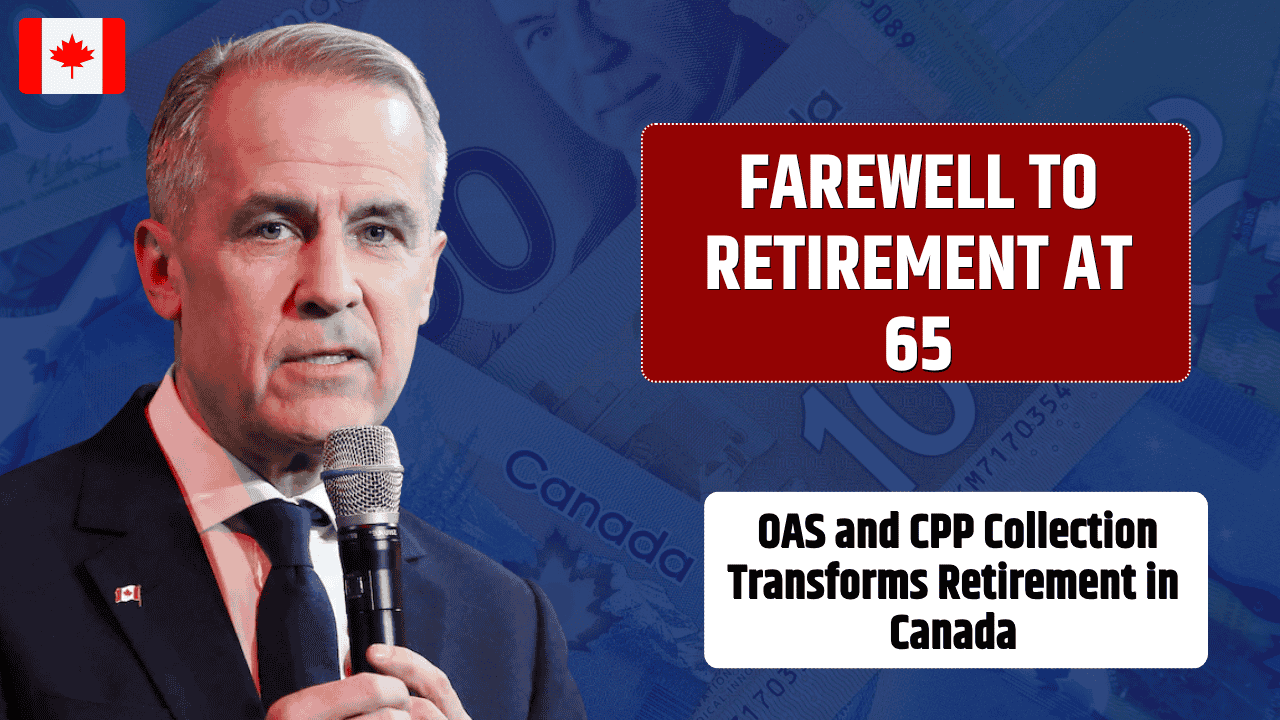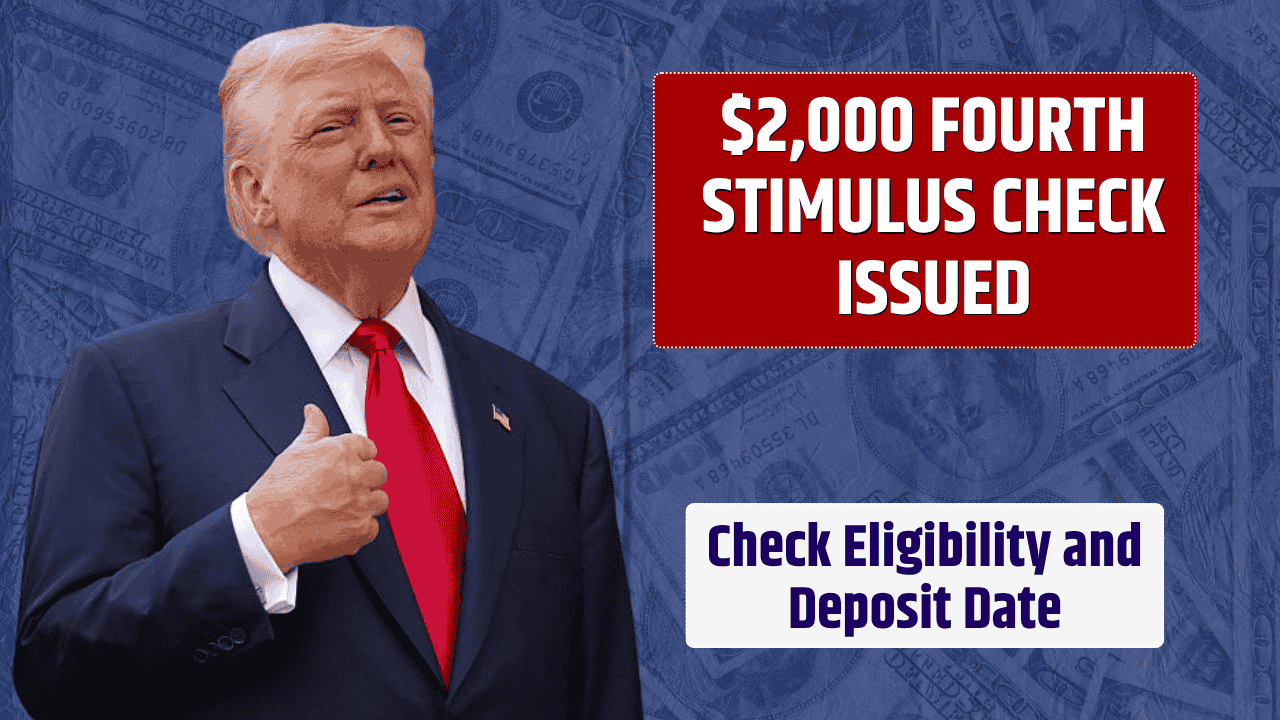Alright, let’s be real for a second. If someone told you a $2,503 check just hit your bank account, your first reaction probably wasn’t gratitude—it was suspicion. Spam? Scam? IRS mistake? But no, this time, it’s legit.
In August 2025, the U.S. government dropped a financial lifeline: a one-time stimulus check of $2,503. And for millions of Americans barely holding on through soaring inflation, a jittery job market, and an economy doing the cha-cha between slowdown and rebound—it landed like water in the desert.
But not everyone saw the money. And plenty are still scratching their heads wondering: Am I eligible? Was I skipped? Is this for real?
Why Was the Government Handing Out $2503 in August?
Let’s rewind to early 2025. Inflation was back in the headlines. Gas prices flirted with $5 again, grocery bills ballooned, and health insurance? A nightmare. Families were juggling rent, daycare, co-pays, and somehow trying to stash something for emergencies.
Add to that rising layoffs in retail and tech, and you’ve got the perfect storm.
So in August 2025, the feds hit “go” on a targeted relief plan. A $2,503 stimulus check wasn’t just a goodwill gesture—it was a move to:
- Support low-income households, seniors, and struggling parents.
- Stimulate spending and reignite sluggish economic activity.
- Reassure Americans that, hey, someone up there does notice when the pantry’s empty.
Who Got the Money? (And Who Didn’t…)
This wasn’t a free-for-all. Uncle Sam set pretty clear filters for who qualified.
| Eligibility Criteria | Details |
|---|---|
| Residency | U.S. citizens or legal residents only |
| Income Limits | Less than $75,000 (single) / $150,000 (joint) |
| Tax Filings | You needed to have filed 2023 or 2024 taxes |
| Benefit Recipients | SSDI, SSI, VA recipients were auto-included |
| Payment Method | Direct deposit preferred; paper checks slower |
If you didn’t file taxes recently, or had outdated banking info with the IRS, you might’ve missed the first wave. But don’t worry—it’s not too late.
So… Where’s My Check?
If you’re still refreshing your bank app and staring into the void, here’s your plan of action:
Step 1: Use the IRS “Get My Payment” Tool
Head over to the official IRS portal. It’ll tell you:
- If your payment was sent
- How it was sent (bank, check, card)
- And when
Step 2: Check Your Bank Info
Closed an old account? Your stimulus might’ve bounced back. In that case, you’re getting a paper check or prepaid card. Those are rolling out through August 15.
Step 3: Still Nothing? Call the IRS
Yeah, you might have to wait on hold with elevator music, but if August 15 passes with no update, it’s time to call in.
What About Seniors and Benefit Recipients?
Great news: If you’re receiving SSDI, SSI, or VA benefits, you were automatically considered. No extra paperwork. No extra steps. The IRS coordinated with SSA and VA, and the deposits went through the same channels as your regular checks.
One retiree tweeted, “I didn’t even know it was coming. Thought it was a mistake—used it for meds and utilities. God bless.”
That kind of relief? Priceless.
Is This Stimulus Taxable?
Nope. Nada. Zero tax.
The IRS has confirmed this $2,503 is not counted as taxable income. You won’t have to include it in your 2025 tax return, and it won’t affect your eligibility for future credits or benefits.
More Stimulus Coming?
That’s the billion-dollar question.
Nothing is officially confirmed yet, but let’s just say Congress isn’t ruling out future rounds. If inflation gets worse or unemployment spikes again, there’s already talk of another stimulus in early 2026.
So yeah, stay tuned. The chessboard’s still moving.
TL;DR – What You Need to Know
- $2,503 one-time stimulus issued in August 2025
- Eligibility: Low- to middle-income, legal residents, recent tax filers
- Payment method: Direct deposit (Aug 1–5); checks/cards by Aug 15
- Not taxable
- SSDI/SSI/VA recipients auto-included
- Use the IRS “Get My Payment” tool if you’re still waiting
FAQs
I didn’t file taxes for 2023 or 2024. Can I still get it?
Possibly, but you’ll need to file ASAP. The IRS needs recent data to determine eligibility.
My income is just over $75,000—am I totally excluded?
You might’ve received a reduced amount, depending on how far over the limit you are.
Can this payment be garnished by creditors or banks?
In most cases, no. Federal stimulus checks are typically protected, but always check your state’s rules.
What if I moved recently?
If your address or banking info changed, the check may have bounced. Update your info via the IRS or USPS.
Will there be another check?
Nothing confirmed—but policymakers are watching economic trends closely. More may come if things get worse.

